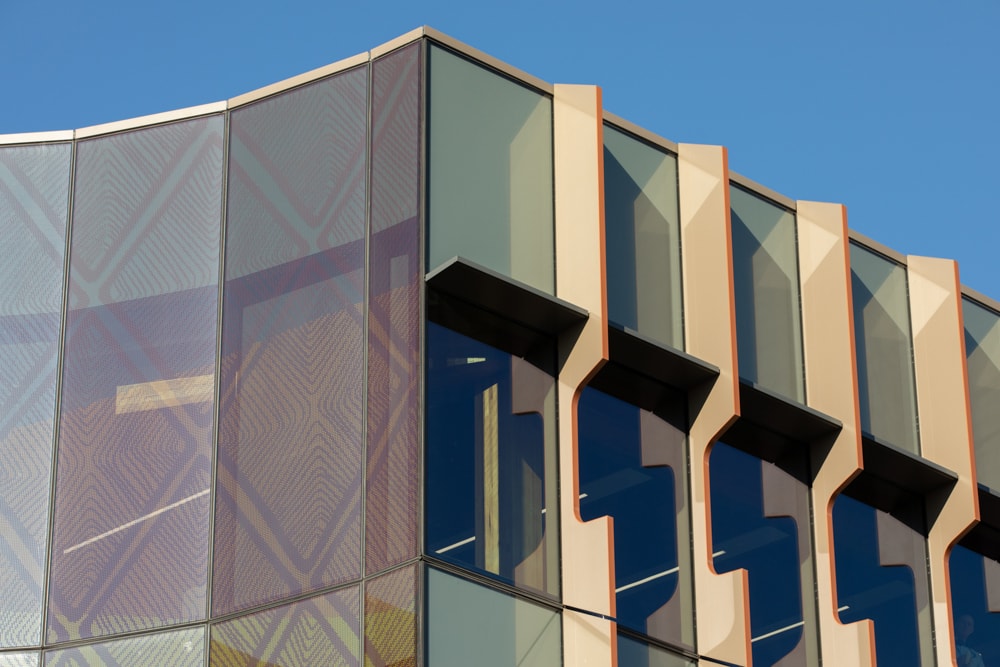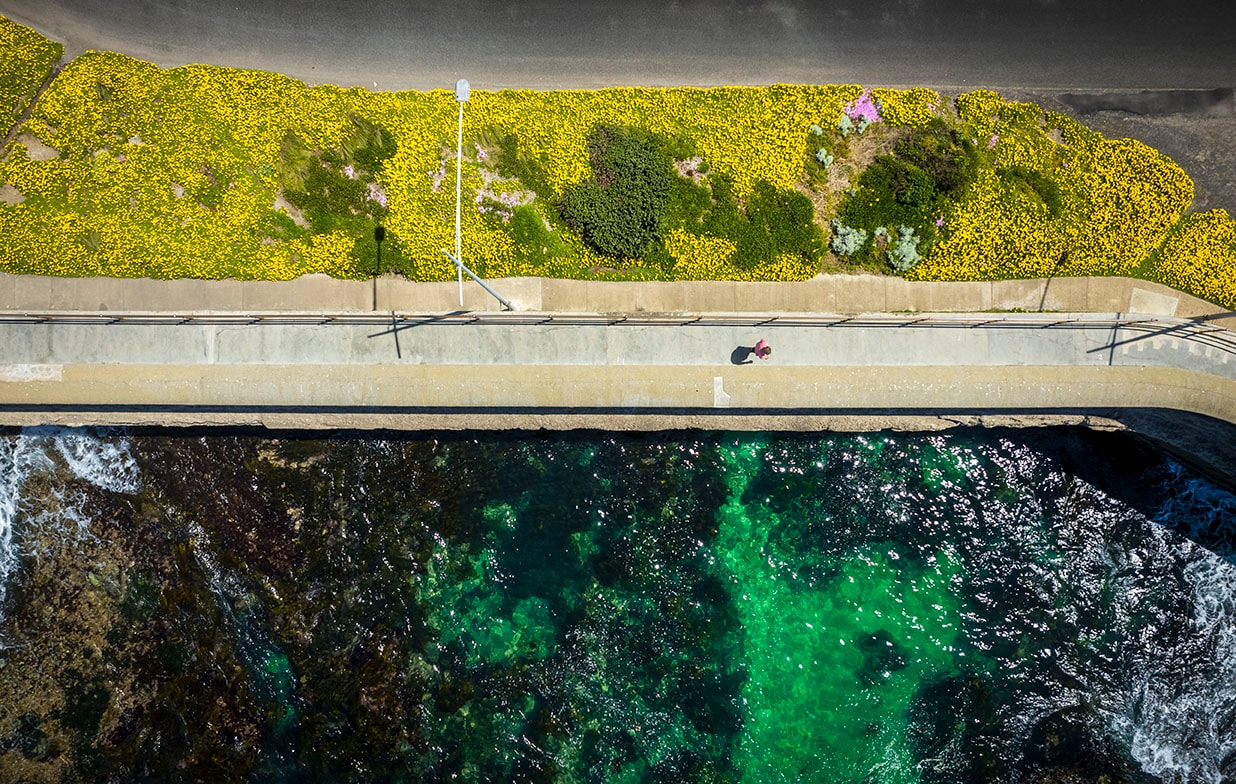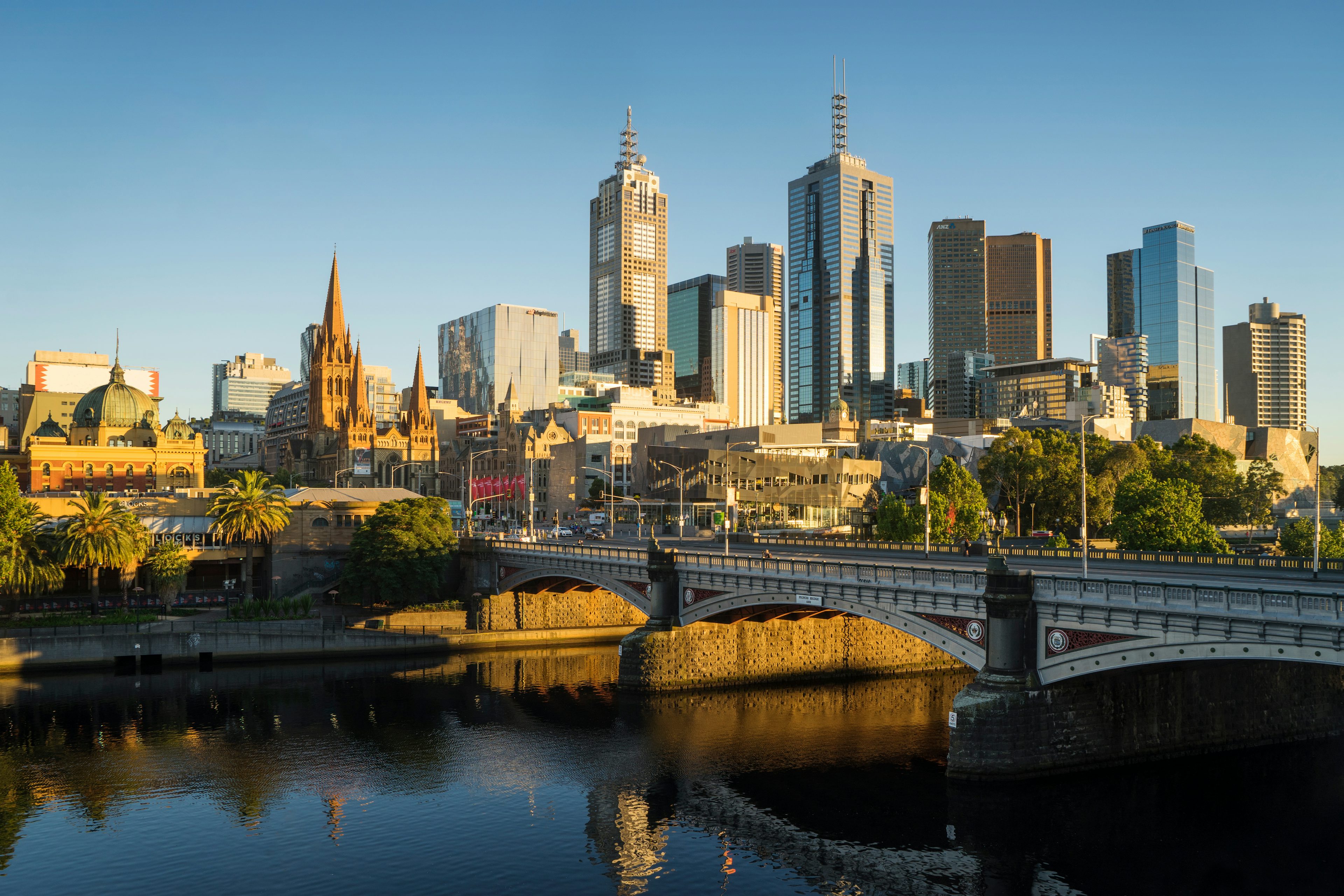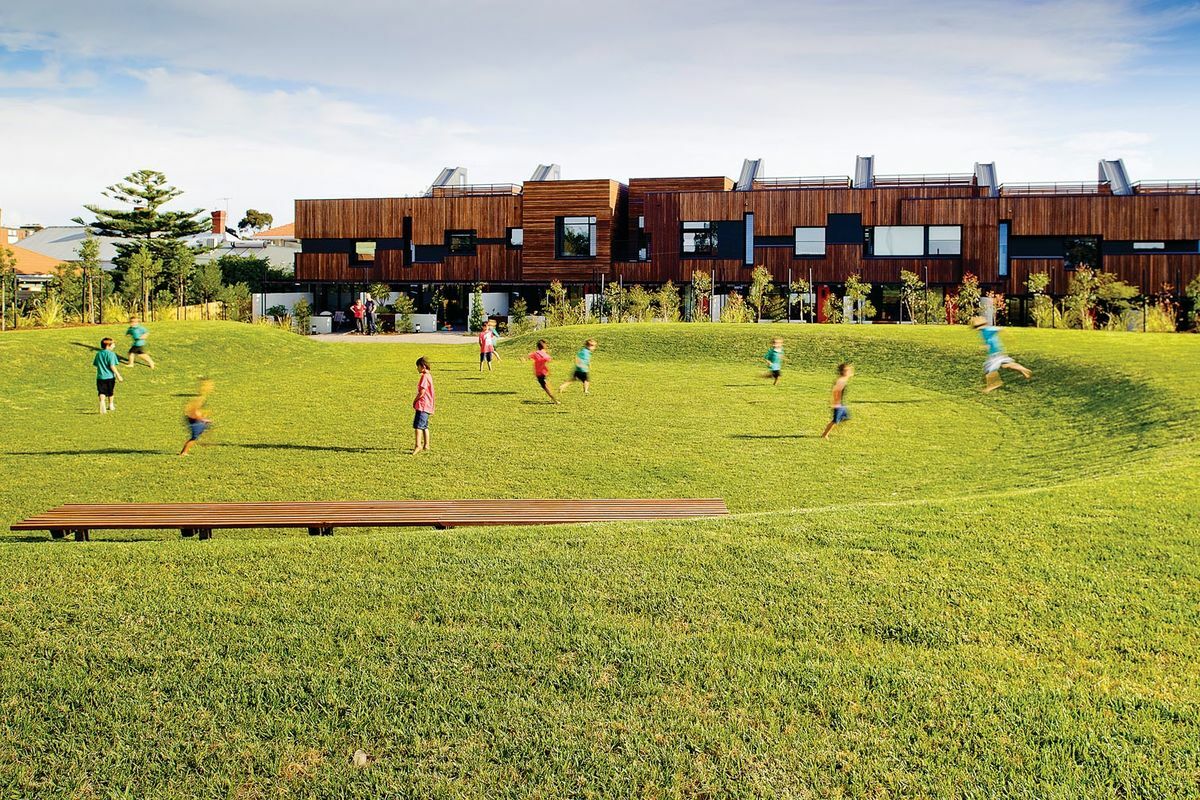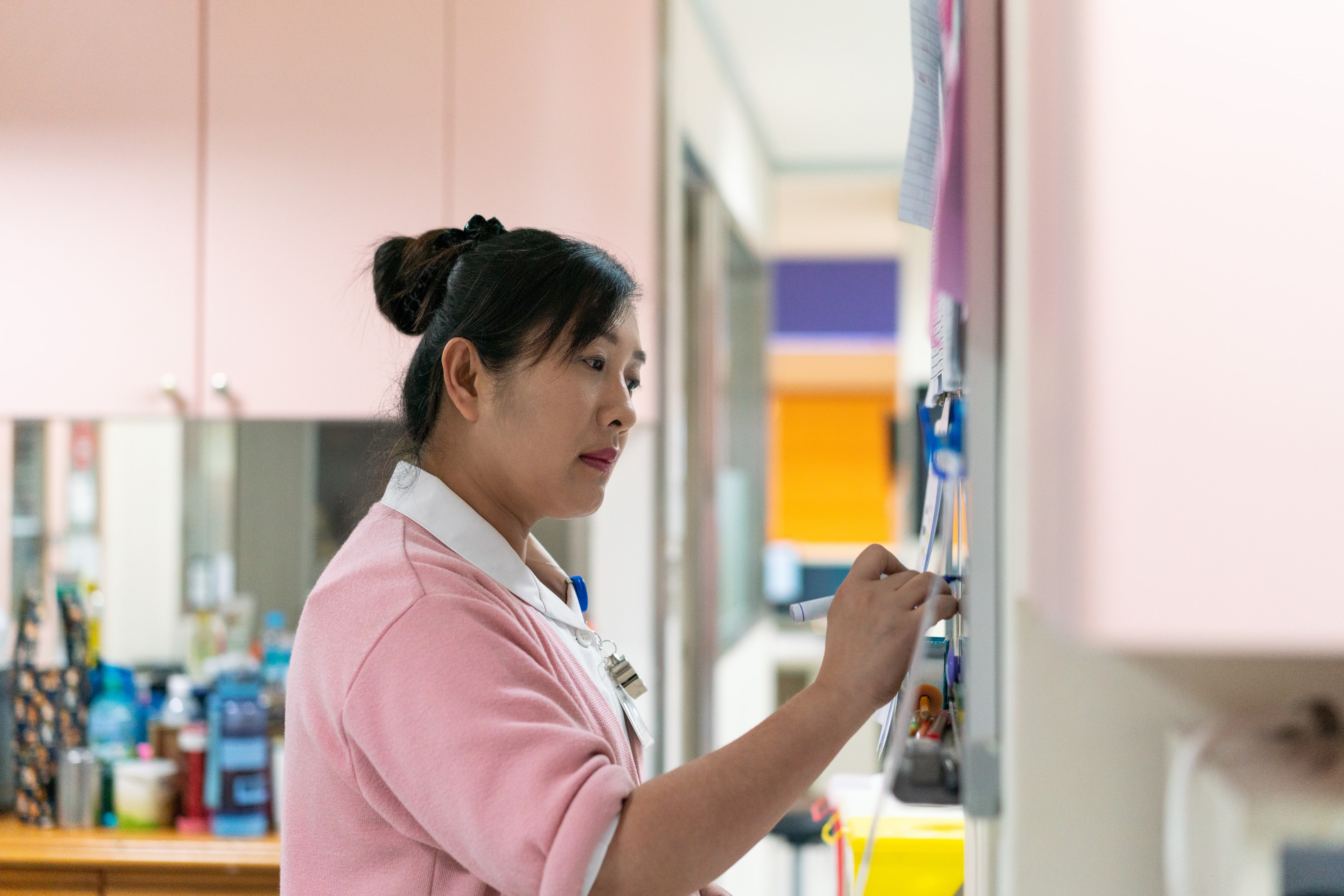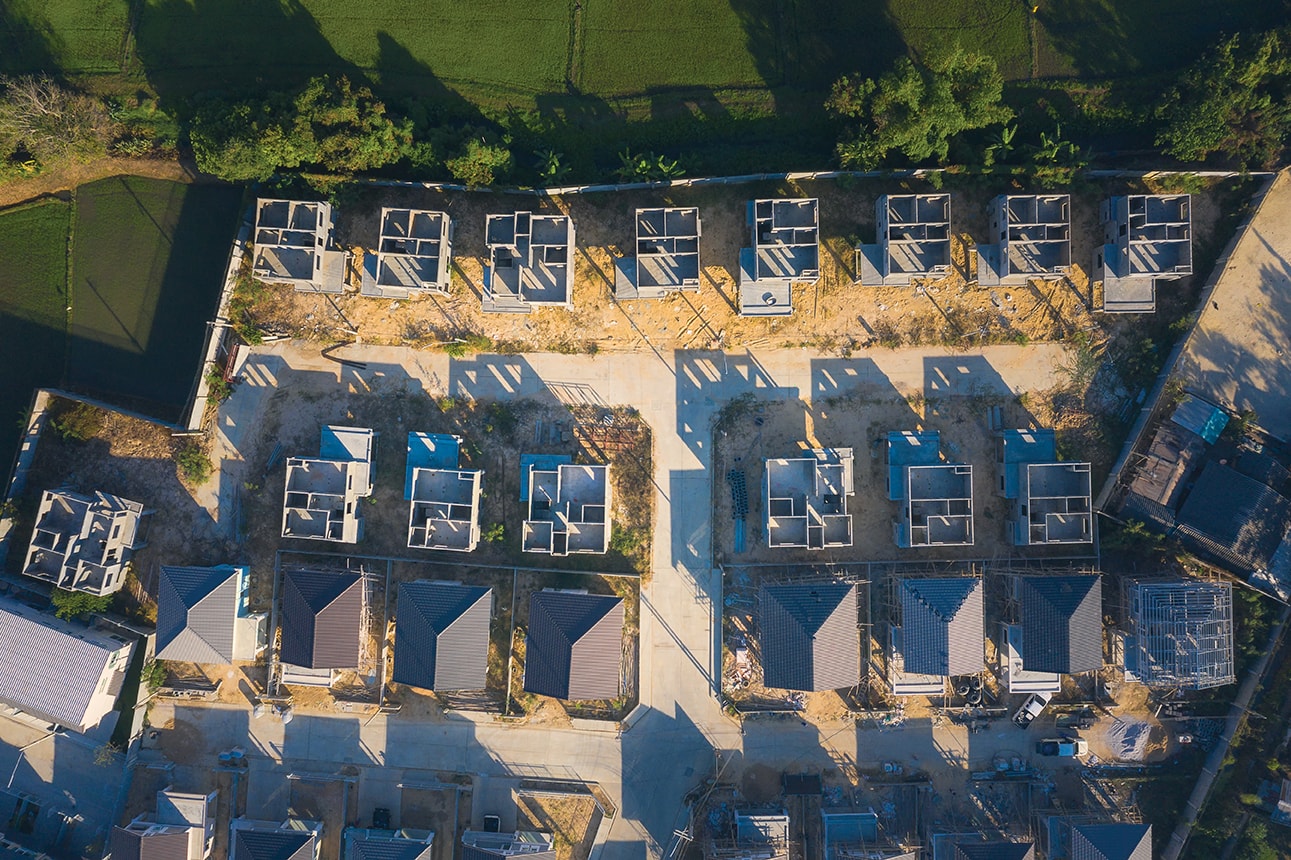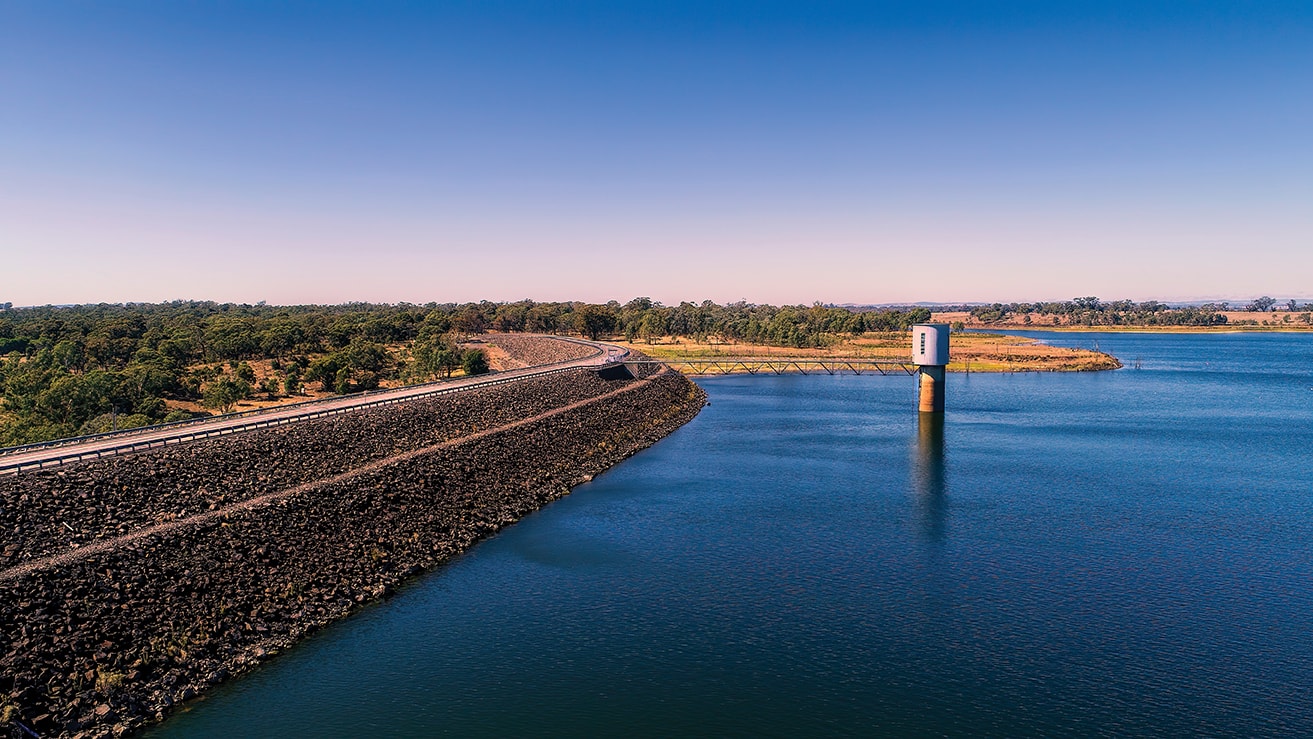Health
Our health system is under pressure from growth, an aging population and chronic disease. At Infrastructure Victoria, we know building new hospitals is only part of the solution. We also need good asset management, digital innovation and investment in healthier communities.
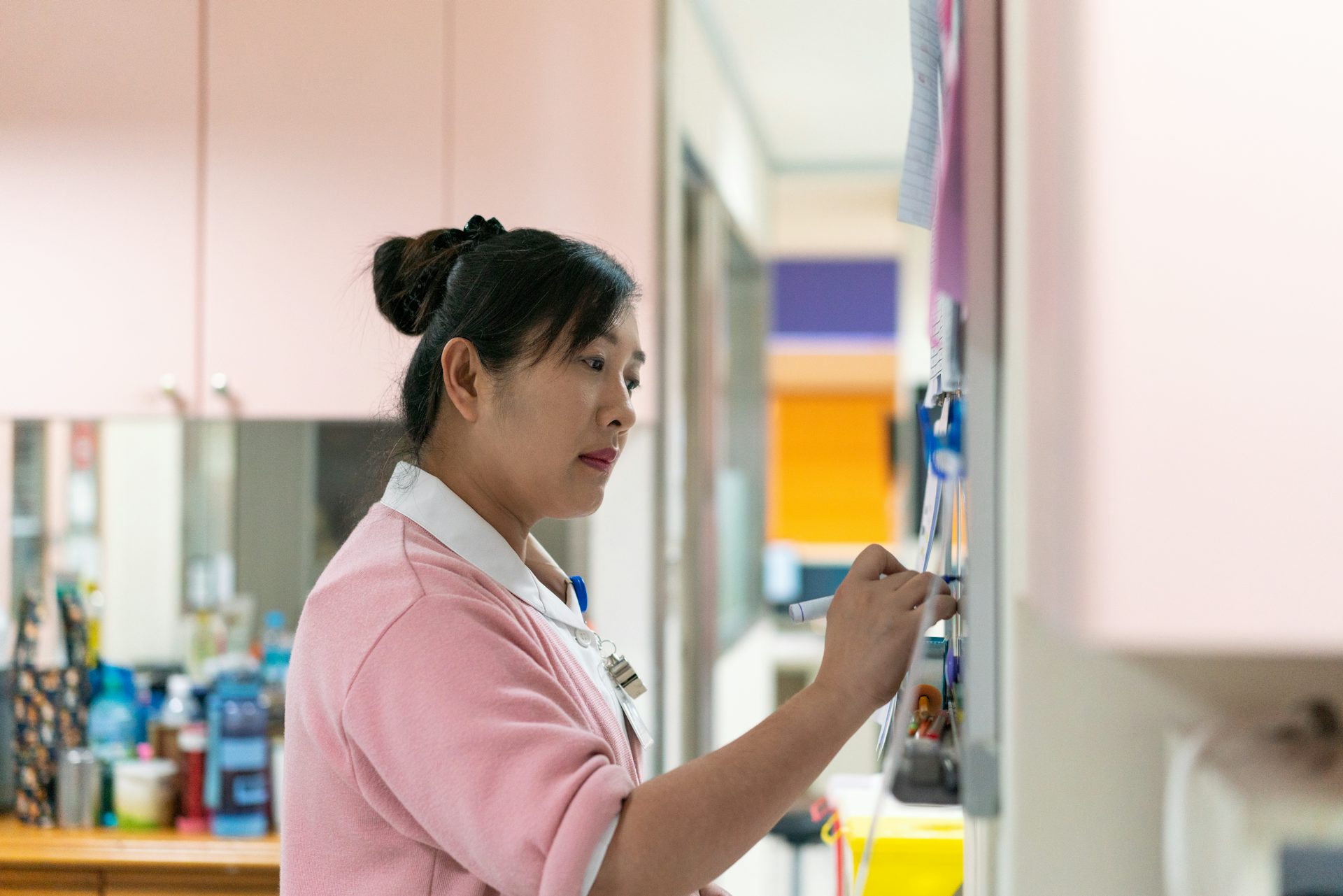
Challenges
Upgrading existing health infrastructure
Victoria's health system needs to be more efficient to meet increasing demand. Many public hospital facilities need upgrading and we need to increase capacity. Spending needs to keep pace with asset maintenance needs, medical science and technology. We also need to find better ways to care for patients.
Improving access to specialist services
It can be hard for some people to access the care they need. We need more aged care facilities in established areas so older people can stay in their communities, and more mental health and alcohol and drug treatment facilities. We also need different kinds of facilities for inpatient, acute and emergency care and residential rehabilitation.
Removing barriers to an active lifestyle
More than half of Melbourne’s vehicle trips are less than 6 kilometres. Safety concerns can be a barrier for some Victorians. Improving infrastructure, like walkways and bike lanes, can encourage more people to ride bikes or walk. This would ease traffic, make our air cleaner and lower emissions. It can also improve health and wellbeing and social inclusion.
Key recommendations
Within 2 years, help slow the growth in demand for hospital infrastructure by developing a comprehensive statewide health innovation strategy, supported by funding over five years to promote and progressively implement better models of health care.
Last updated Dec 07, 2021
In the next 5 years, publish priorities for hospital renewal to enable modern health care services and meet future demand. In the next 10 years, redevelop the Royal Melbourne Hospital and progress the upgrade and rebuild of the Alfred Hospital and Austin Hospital.
Last updated Dec 07, 2021
In the next 5 years, reserve land for future hospital sites. Over 30 years, build new public hospital capacity to meet Victoria’s future needs, especially increases in demand from Melbourne’s rapidly growing outer northern and western suburbs.
Last updated Dec 07, 2021
In the next year, establish a dedicated infrastructure fund to support more responsive and integrated mental health and wellbeing services, consistent with the recommendations of the Royal Commission into Victoria’s Mental Health System.
Last updated Dec 07, 2021
Within 5 years, build residential detoxification and rehabilitation facilities in regional Victoria to provide equitable access to alcohol and other drug treatment.
Last updated Dec 07, 2021
Over the next 5 years, partner with local governments to fund pedestrian infrastructure network upgrades to connect people to priority places, including central Melbourne, the Monash National Employment and Innovation Cluster, other activity centres and train stations.
Last updated Dec 07, 2021
In the next 10 years, prioritise and significantly progress developing a continuous network of high quality, safer cycling corridors in Melbourne, Ballarat, Bendigo and Geelong, including separated cycle ways and more storage at train stations and activity centres. In the next 5 years, immediate priorities include connections within and between central Melbourne and surrounding suburbs, and connections to the Monash, La Trobe and Sunshine National Employment and Innovation Clusters.
Last updated Dec 07, 2021
In the next year, begin developing better walking and cycling information and data. In the next three years, incorporate this data and information into Victorian Government transport models for strategic and project planning, and project appraisal to guide investment decisions.
Last updated Dec 07, 2021
